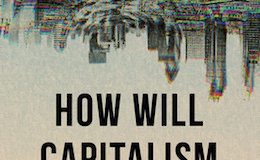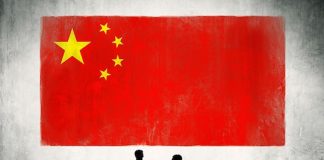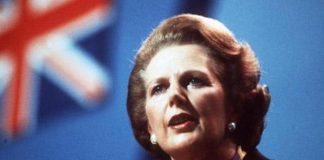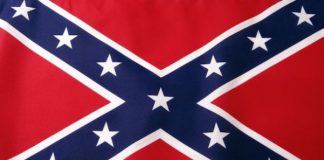neoliberalism
Do You Need a Ride or a Checkered Pattern?
By Boris Kagarlitsky
The events currently unfolding in the United States, and discussions of the American Left regarding Trump, remind me of the famous Soviet...
Get Ready For The First Shocks Of Trump’s Disaster Capitalism By...
By Naomi Klein
Original post date: 24 January 2017
We already know that the Trump administration plans to deregulate markets, wage all-out war on “radical Islamic terrorism,”...
Is capitalism destroying himself or us and democracy?
More than four years on, we know that in 2012 the political fallout was only just beginning. It was in December 2011 that David Cameron reopened the European question by opting out of the new ‘fiscal compact’ drawn up by Angela Merkel and Nicolas Sarkozy with the aim of enforcing budget discipline across the EU. In the US in spring 2012, Mitt Romney emerged as the candidate from the Republican primaries, but the freakshow anticipated the Trump campaign to come. In Italy the ousting of Berlusconi in a backroom coup in November 2011 and the installation of the ‘unpolitical’ economist Mario Monti as prime minister set the stage for the emergence of Beppe Grillo and Five Star in the local elections of May 2012. In France as the fiscal compact began to bite, François Hollande’s presidency was dead almost before it had started.
Germany vs. China – Neoliberalism strikes back
While trade experts warn that a recent spending spree by Chinese companies — many of them supported by the Chinese government — will harm the competitiveness of European business in the long-term, Berlin and Brussels are struggling to come up with a political response.
Update 2016: The Transatlantic Trade and Investment Partnership (TTIP)
The resistance against TTIP, the Transatlantic Trade and Investment Partnership, is alive and kicking. While national leaders of the interested parties like Obama and Merkel are trying to revive the negotiations, wishing to finalise them, people are organising protest in many places to mark their disagreement.
From Neoliberalism to Self-Management
During her political prime in the 1980s, Thatcher said she was out to change the soul, to change the conceptual universe in which people live, and her idea that “there is no alternative” (TINA) became so deeply embedded in our psyches and in our consciousness that it seems we could no longer imagine that there is an alternative to capitalism.
Trump in the White House, by Noam Chomsky
On November 8, the most powerful country in world history, which will set its stamp on what comes next, had an election. The outcome placed total control of the government – the executive, Congress, the Supreme Court – in the hands of the Republican Party, the most dangerous organization in world history.
American Irrationalism
October 31, 2016 "Information Clearing House" - "Truth Dig" - There is no shortage of signs of impending environmental catastrophe, including the melting of the polar ice caps and the rise of atmospheric carbon to above 400 parts per million. The earth’s sixth mass extinction is underway. It is not taking place because of planetary forces. Homo sapiens is orchestrating it. Americans are at the same time
The silence of political liberalism – Regina Kreide
The beautiful, peaceful world in which we have arranged our lives so comfortably is showing its repressed, violent side. Yet established political theory is silent – perplexed, incredulous, and helpless – in the face of these problems. Is this because the circumstances are beyond explanation? Or is there a problem with political theory itself? What has happened to the discipline that claims to be able to tell us about the legitimacy of political systems? To paraphrase Kant, is it dreaming the sweet dream of perpetual peace? In the following, I develop three theses in order to explain this silence. Before doing so, however, I will offer a brief sketch of recent key developments in political theory.
The Death of Neoliberalism
The western financial crisis of 2007-8 was the worst since 1931, yet its immediate repercussions were surprisingly modest. The crisis challenged the foundation stones of the long-dominant neoliberal ideology but it seemed to emerge largely unscathed. The banks were bailed out; hardly any bankers on either side of the Atlantic were prosecuted for their









